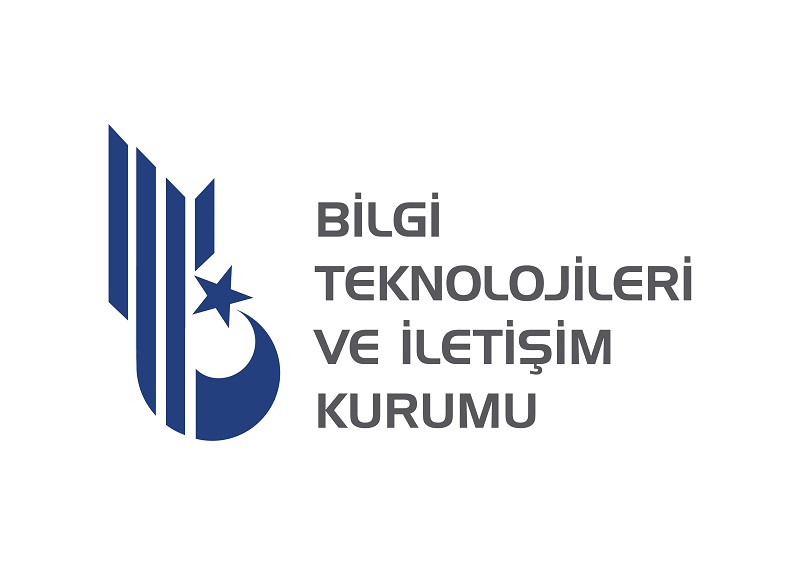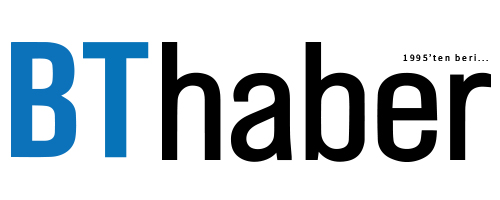Remote authentication space expands with artificial intelligence


The “Regulation on the Applicant’s Identity Verification Process in the Electronic Communications Sector” prepared by the Information Technologies and Communications Authority (BTK) was published in the Official Gazette. According to the regulation, if the documents regarding the subscription agreement, number porting, operator change, qualified electronic certificate, registered e-mail and SIM card change applications are prepared electronically, the identity of the applicant can be verified via video conference, artificial intelligence or e-government.
Identities can be verified remotely without the need for face-to-face contact with the remote authentication service. E-signature holders will not waste time in subscription and application processes. However, before this decision, in order to get e-signature, identity verification procedures had to be done face-to-face by going to a notary public, going to electronic certificate service providers authorized by the BTK, or obtaining identity verification services from the relevant institutions.
With the integration of e-signature into identity cards, a new era begins in individual and corporate life. When e-signature certificates can be loaded on new chip ID cards, e-signature will be fully integrated into daily life. According to the information given by E-Trust officials, who found this development positive; e-signature, which will find its place in identity cards, will have more and more uses in both individual and corporate life. When loaded onto ID cards with e-signature chips, it can be used for transactions such as water, electricity, natural gas, and GSM operator subscriptions. With the process that will start as of December 31, e-signature acquisition processes will be carried out by remote authentication method instead of face-to-face identity check.










